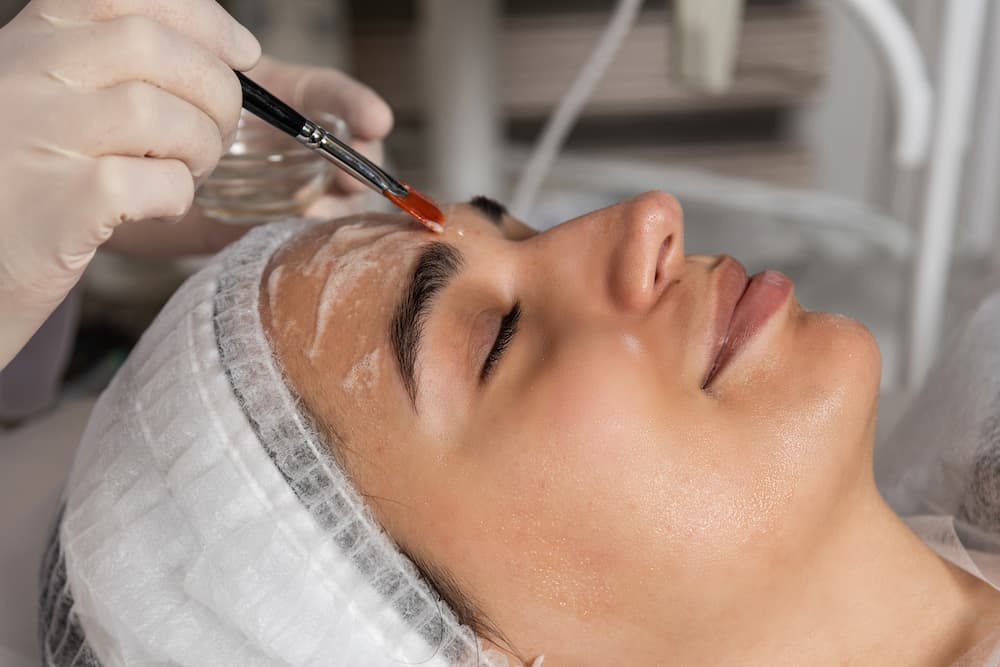Have you noticed more-than-usual hair clogging your shower drain or in your hairbrush during an especially stressful time? You aren’t alone. Sudden hair loss should be discussed with a physician, but know that it can be caused by stress and anxiety.
Stress and Hair Loss Connection
Stress may cause hair loss directly from the scalp. Physical and emotional stress can directly impact your hair follicles, leading to hair loss. It is not uncommon to notice hair loss 6-12 weeks after a stressful period.
The adult scalp has approximately 100,000 hair follicles on its heads. Each follicle is in a constant cycle of growth and rest. During the transition from growth to rest is when hair shed occurs. During a stressful time, a trigger causes sudden, unusual shifts of the hair into the resting phase, prompting hair loss. The trigger that causes this? Extreme emotional stress and anxiety.
There are 3 types of hair loss caused by stress.
Types of Stress Hair Loss
- Telogen Effluvium
Telogen Effluvium is the resting phase your hair follicles enter after a growth cycle. It may be prematurely entered due to stress or trauma. On any given day, 5-10% of hair is in the resting phase. With telogen effluvium, the percentage of hair in this phase greatly increases to more than 100 strands a day.
- Trichotillomania
Trichotillomania is a hair-pulling disorder. A person with this condition may be going through extreme stress, anxiety, depression, frustration, or boredom. The hair may be pulled from the scalp, eyebrows, and lashes. Scalp thinning follows such hair loss.
- Alopecia Areata
Alopecia areata is identified by bald patches on the scalp due to stress. Alopecia is an autoimmune disorder where the body’s immune system attacks its own hair follicles.
How to Prevent Hair From Falling Out
A number of stressful situations trigger hair loss, including chronic illness, pregnancy, relationship or financial issues, poor nutrition, and medications like antidepressants. Here are a few tips to reduce stress and protect your hair:
- Learn and practice relaxation techniques like yoga, meditation, and deep breathing
- Exercise regularly, which reduces stress
- Spend time with positive people
- Seeing a therapist or professional to help
- Eat a healthy diet and take vitamins or supplements to encourage hair strength and healthy hormones
The team at Radiant Dermatology uses specific products and therapies to help treat hair loss. Prescription therapies, such as oral steroids, medications, and prescription shampoo, are effective.
Our practice also uses Viviscal, a cosmeceutical-grade hair vitamin that nourishes your hair from the outside in. Its carefully formulated vitamines, shampoo, conditioner, and hair fibers can help restore your hair.
To learn more about how Radiant Dermatology can help reverse your hair loss due to stress, fill out the form below.




.svg)



.svg)



.jpg)



.png)


